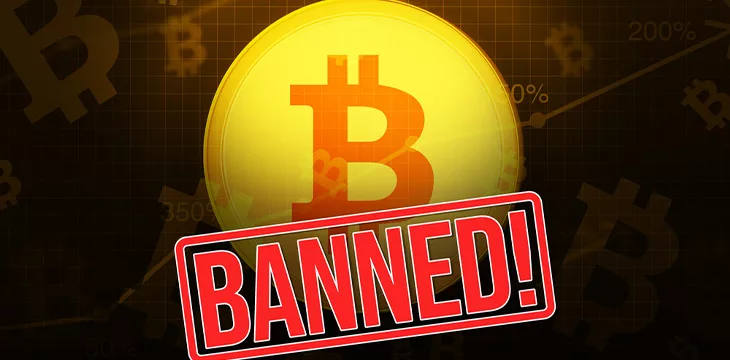|
Getting your Trinity Audio player ready...
|
The top banking regulator in Honduras has prohibited banks from engaging in digital asset trading or custody despite regional adoption.
The National Banking and Securities Commission of Honduras (CNBS) directive cites investor protection and a lack of comprehensive digital asset regulations as the key factors.
The circular signed by CNBS President Marcio Giovanny Sierra Discua acknowledged that digital assets are not prohibited for citizens and VASPs, including exchanges, are allowed to operate freely in the Central American country.
However, since they are not issued or controlled by the Central Bank of Honduras, digital assets “and their use as a means of payment or investment instruments in the national territory is carried out under the responsibility and risk of those who carry out such operations,” CNBS stated.
As such, all regulated financial entities can no longer “maintain, invest, intermediate, or operate with cryptocurrencies, crypto assets, virtual currencies, tokens, or any other similar virtual currencies.”
The watchdog added that Honduran banks must also deny services to VASPs and other entities engaging in digital asset activities.
CNBS further demanded that banks implement an awareness campaign to educate their customers on the risks of digital assets.
The ban is the latest in a never-ending tussle between the banking sector and digital assets. From the U.K., where major banks restrict digital asset purchases, to Brazil, where VASPs have been fighting for banking services for years, and Nigeria, which had a three-year ban, the digital asset industry has struggled for the most basic banking services for a decade.
In 2023, Argentina’s central bank yielded to the International Monetary Fund’s (IMF)
demand to ban digital assets as a prerequisite for a $44 billion loan.
The ban is in stark contrast to the country’s pro-digital asset stance. Earlier this year, a special economic zone in northern Honduras recognized BTC as a unit of account almost two years after giving it legal tender status.
It also contrasts with the region’s digital asset approach; neighboring El Salvador has been pushing BTC for years, albeit unsuccessfully. Other Latin American countries, such as Venezuela, have also recorded high digital asset adoption as inflation and currency depreciation bite.
Watch Centi: Bridging digital money and traditional banking

 03-04-2026
03-04-2026 




